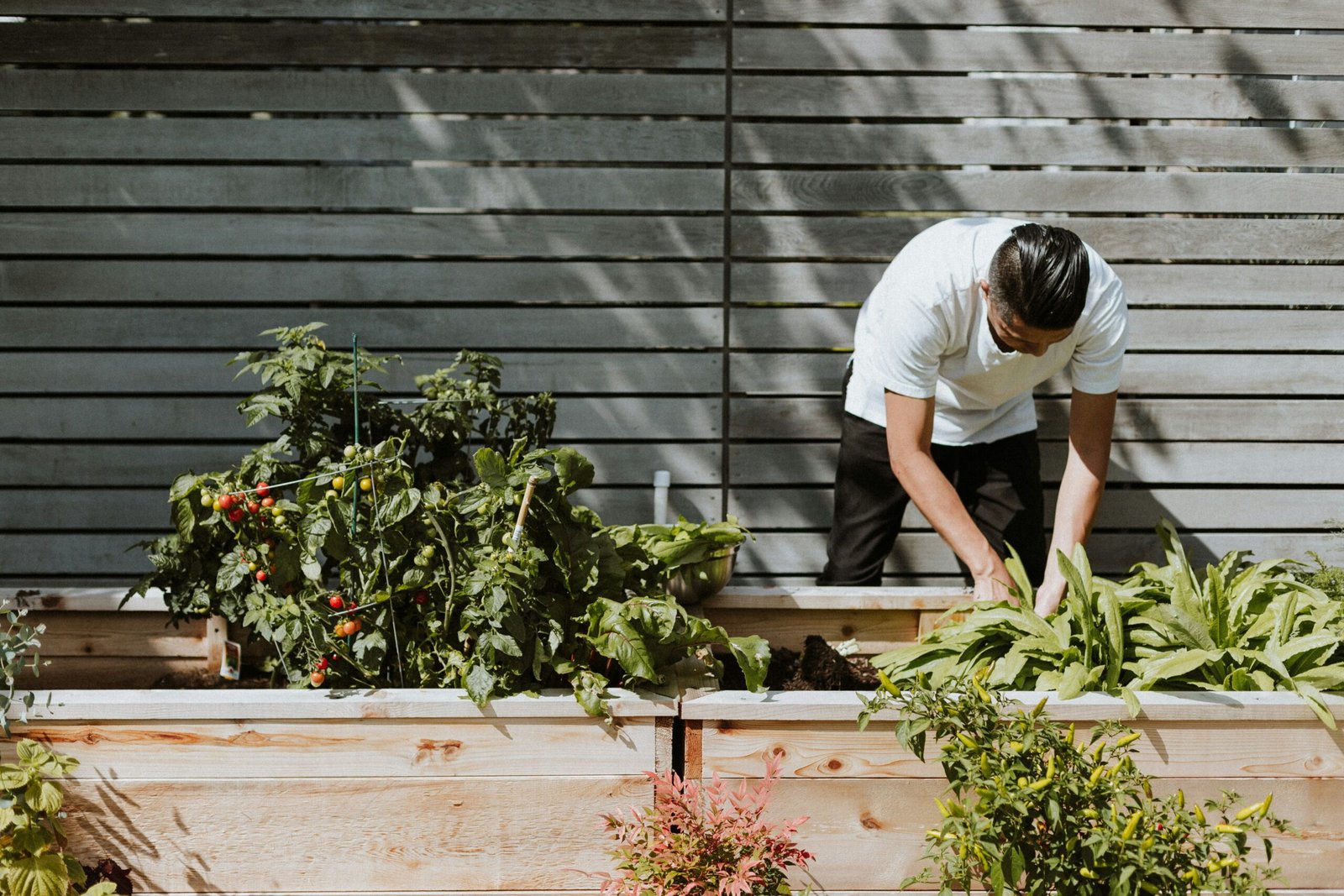Gardening, a practice that goes back as far as the beginning of civilization, is still a critical practice in modern societies. Gardening may come as a mere hobby to some, a way of beautifying our compounds, but it is much more than that, whether it’s on a large piece of land or a few potted plants on the balcony of an apartment. These insights highlight the environmental, health, social, and economic significance of this activity, with a special focus on gardening.
Environmental Benefits
- Biodiversity Enhancement
Gardening is an essential component in increasing the rate of biodiversity. Gardening includes the possibility to plant different plants and, therefore, create attractive habitats for birds, insects, and small mammals living in a garden. Specifically, native plants, for instance, create homes for fauna and sources of food, hence a healthy and sustainable system.
- Climate Change Mitigation
Tropical plants take in carbon dioxide and give out oxygen through the process of photosynthesis, thus easing the greenhouse effect. As Anastasia (2014) points out, urban gardening, including community gardening and green roofs, can play a large role in afforestation and ultimately combat climate change locally as well as nationally. - Soil Health Improvement
Soil management activities like composting and mulching improve the fertility, structure, and water retention capacity of the soil in gardening. Organic matter in soils must be conserved to produce healthy plants from which people source their nutrition and to prevent soil erosion and runoff formation.
Health Benefits
- Physical Exercise
Working in the garden is a moderate kind of exercise that exercises the heart, builds strength, and improves flexibility. Participating in activities such as digging, planting, weeding, and watering helps strengthen those parts of the body involved in the exercise.
- Mental Well-being
Gardening has also been seen to minimize levels of stress, anxiety, and depression among those who engage in the act of spending time in the garden. Growing plants allows for the achievement of a status that entails purpose, and the general aura of being in nature fosters a sense of well-being. - Nutritional Value
Home gardening is a way of having fresh, nutritious crops free from pesticides or any chemicals. Home gardening may go a long way in enhancing food choices because healthy foods will always be at home, making children more likely to choose to eat healthy foods.
Social Benefits
- Community Building
People become social beings and have to work as a team, which makes them feel they own something together with everyone else in the community. With these common spaces, one can cross over cultural and generational divides with a view of creating more solidaristic societies. - Educational Opportunities
Gardening is characterized by practical education, making it a perfect learning activity for all age groups. In particular, children should be provided with gardening education mainly as a component of biology, ecology, and environmental protection. - Therapeutic Effects
Gardening therapy is an acknowledged practice and includes different gardening activities for enhancing the physical and mental health conditions of individuals. It holds maximum advantages for disabled persons, elderly people, and those recovering from illness or trauma.
Economic Benefits
- Cost Savings
Growing a part of your meals at home can save a lot on the cost of feeding a family or oneself. It is possible to grow a lot of vegetables in a small area of land. Issues related to organically grown foods can easily be resolved by growing vegetables at home.
- Property Value Increase
Landscape gardening guarantees improved looks of compounds and increases their marketability. Proper landscaping of compounds, such as gardens and lawns, helps in selling properties and results in higher price bills. - Job Creation
The gardening industry, which includes plant regeneration facilities, architectural nurseries, gardening sales, and commercial gardening, creates new employment opportunities. This makes them very suitable for implementation because they also help in creating employment and boosting economic activities in a given community or urban setup.
Conclusion
The role that needs to be addressed in this case is gardening. It provides significant environmental, health, social, and economic values that positively affect people’s quality of life and the overall development of society. Hence, it is possible to sow not only the seeds of plants and flowers but also the seeds of a healthier, sustainable, and connected world. Therefore, enroll yourself in the process of change with a shovel in hand, and plant seeds of change today.








